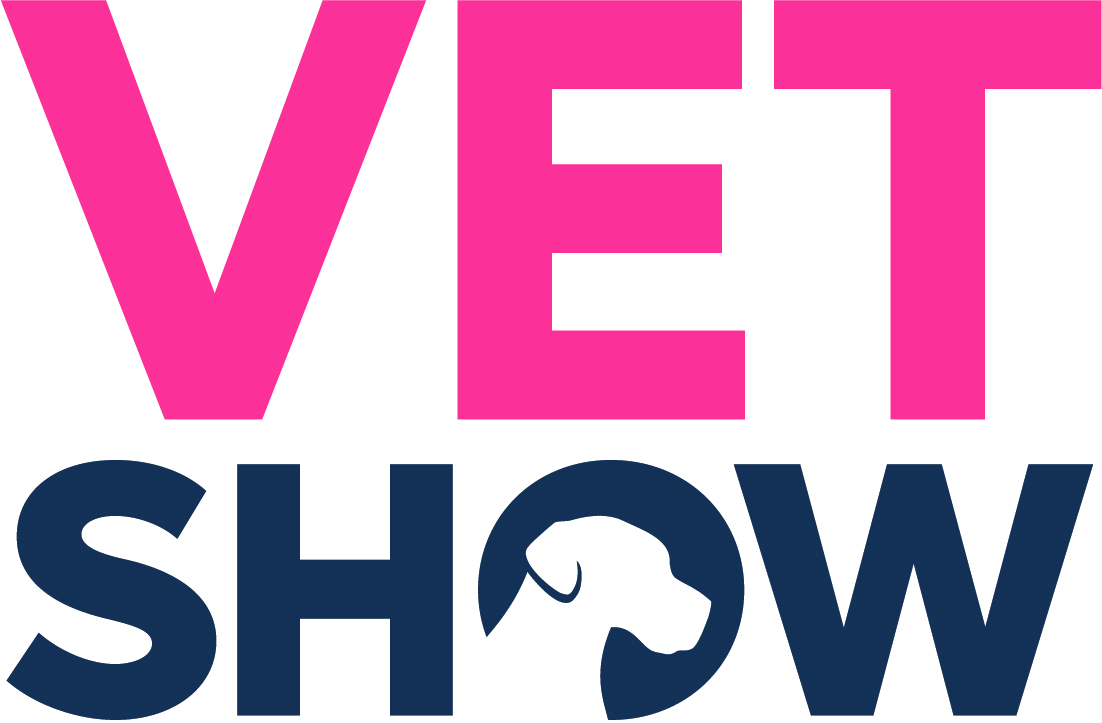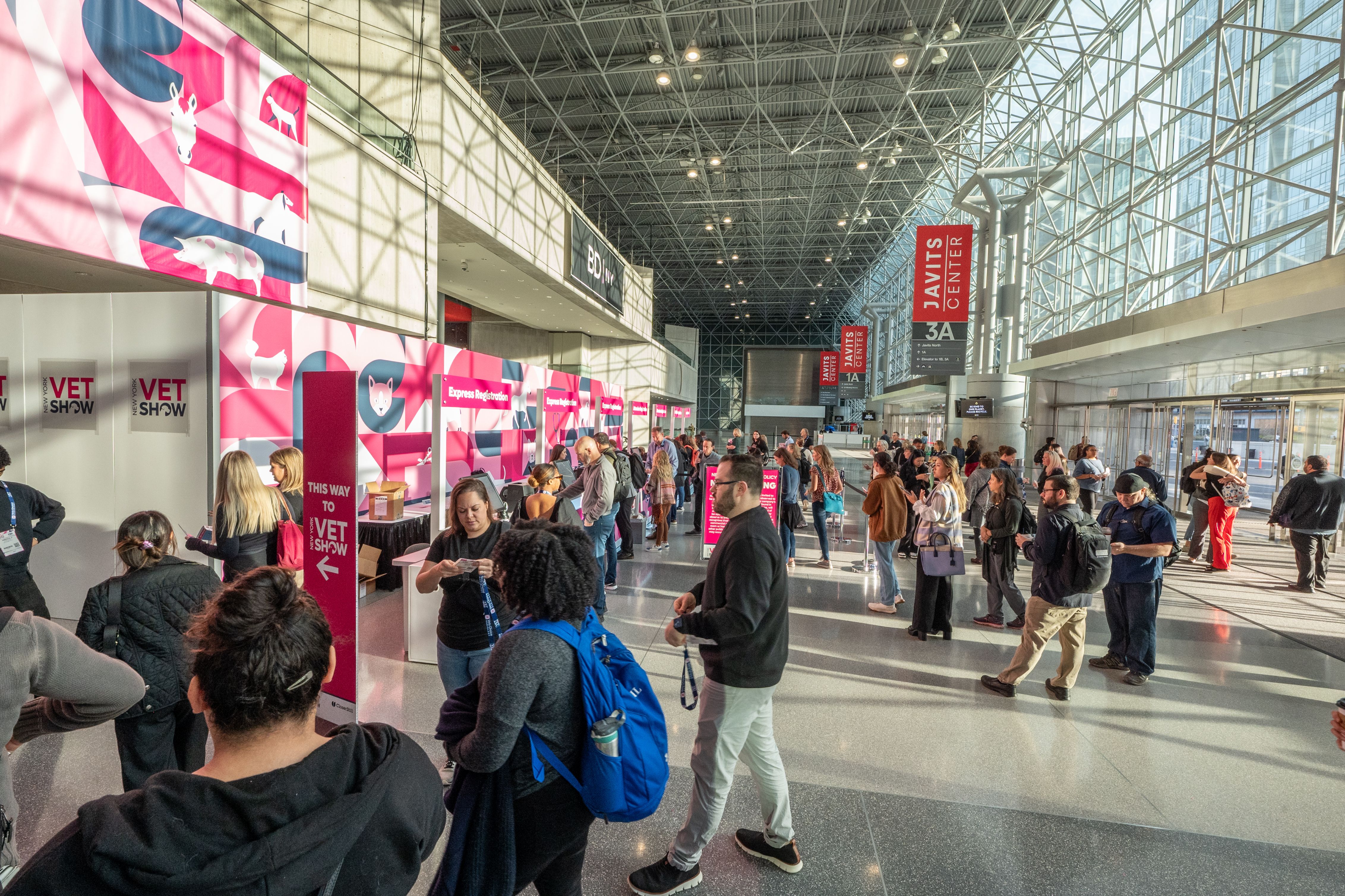First Veterinary Union Contract Approved
)
In Vancouver, Washington, the first private-sector veterinary union contract was ratified for the workers at Columbia River Veterinary Services (CRVS).
This is big news because until now, there have been no other formally established unions for private veterinary hospitals in the US. The contract is with CRVS’s parent company, PetVet Care Centers and after two years of negotiation, it was ratified in a 53-1 vote by veterinary nurses, customer service representatives, housekeepers, and veterinary assistants. The contract will cover almost 100 employees at CRVS.
Some of the following agreements found in the contract are:
-
A “just cause” standard in which management’s reason for discipling or discharging an employee must be just and fair;
-
Minimum base pay for all employees;
-
A distinction between pay for overnight work, seniority, special certifications and experience;
-
Guaranteed training (specifically for safety);
-
Wage adjustments due to cost of living for the next three years.
These workers will be a part of International Longshore and Warehouse Union Local 5, a larger union that also represents approximately 600 workers in Portland, Oregon. By the end of the three-and-a-half year labor agreement, employees are expected to see a 17% increase in pay, on average.
As quoted in an earlier article by the Veterinary Practice News, CRVS’s employee, Kat Bennet, LBT, VTS (SAIM), says “This contract is only the first step toward making veterinary medicine a viable career during this time of corporate greed. The contract will provide veterinary workers with protections, wage equality, and establish a foothold for continued improvements in working conditions.”
What does this mean for other veterinary hospitals and practices looking toward unionization? Evidently, there are pros and cons for unions in the veterinary industry. On the one hand, there’s power in numbers when it comes to fair pay, protection, and benefits. Liz Hughston, veterinary technician and communications director of the National Veterinary Professional Union, sees unionization as more of a tool for the growing number of employees who are working under corporate practices.
On the other hand, independent practice owners may already be doing their best to pay their team as much as they can while still managing their budgets, as well as creating quality environments for their employees. Since there is a cap on what an independent practice can afford to pay their team, wage increases can lead to price increases--resulting in clients going elsewhere for pet care; it can also lead to owners hiring individuals with lower skill sets or layoffs.
Hughston views that when it comes to fair pay for employees, the ideal scenario would be to have corporations accept lower profit margins and for the industry to work together to create a more sustainable profession. For practice owners, it’s crucial to help employees feel respected and taken care of.
Are we moving toward a more unionized veterinary world? Only time will tell.
Are you registered for our free, interactive, online conference, Vet Show @ Home? Save your spot here!

